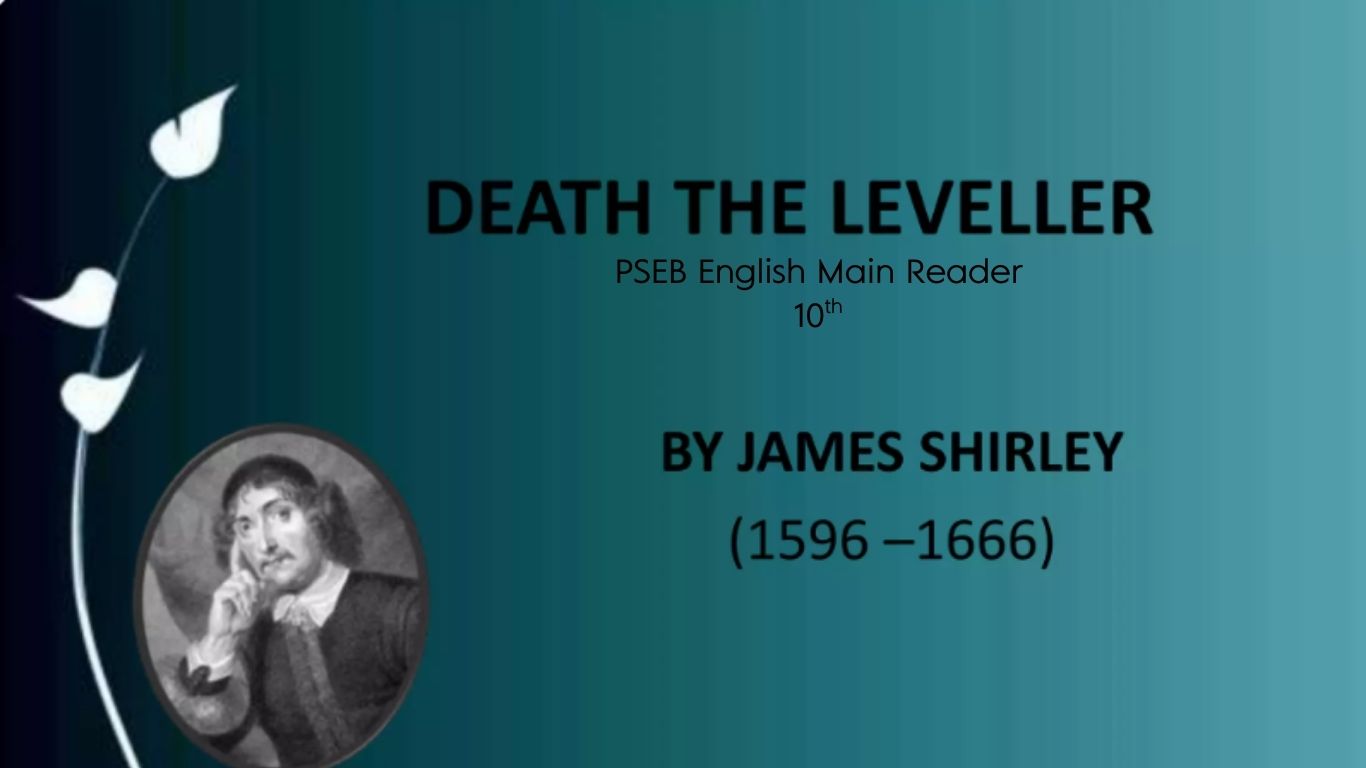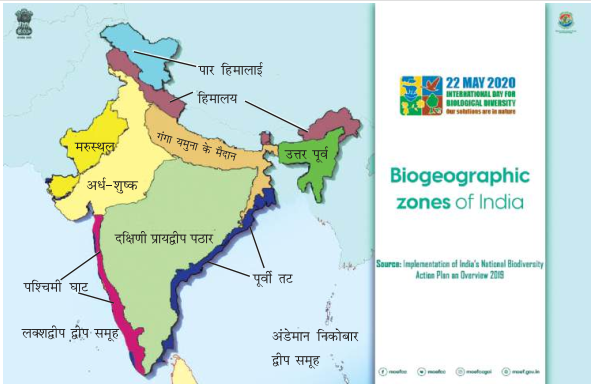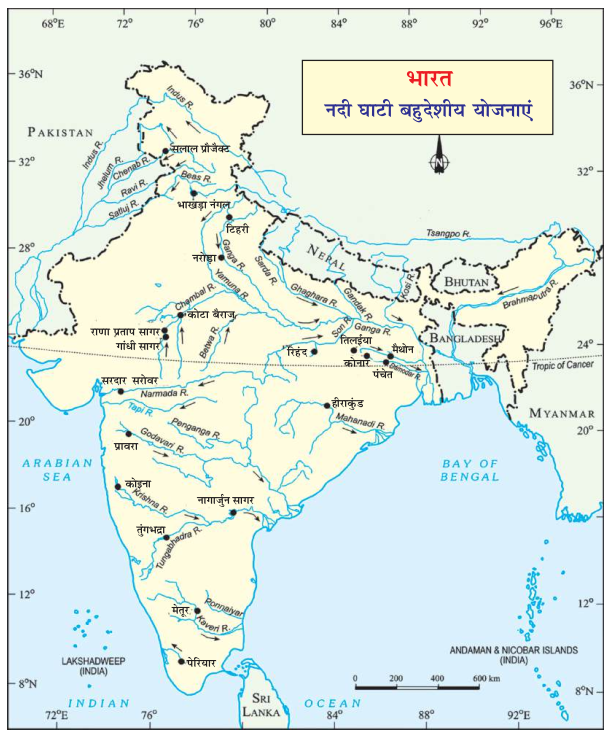Death The Leveller
Are shadows, not substantial things;
There is no armour against Fate;
Death lays his icy hand on kings:
Sceptre and Crown
Must tumble down,
And in the dust be equal made
With the poor crooked scythe and spade.Some men with swords may reap the field,
And plant fresh laurels where they kill:
But their strong nerves at last must yield;
They tame but one another still:
Early or late
They stoop to fate,
And must give up their murmuring breath
When they, pale captives, creep to death.
The garlands wither on your brow,
Then boast no more your mighty deeds!
Upon Death’s purple altar now
See where the victor-victim bleeds.
Your heads must come
To the cold tomb:
Only the actions of the just
Smell sweet and blossom in their dust.
Death the Leveller – Summary of the Poem
The poem “Death the Leveller” by James Shirley talks about how death makes everyone equal. It says that things like high social status, power (like being a king with a crown and sceptre), and even victories in war don’t last forever. They are like shadows and are not real or permanent.
No one, no matter how powerful or important, can escape death. Death comes for everyone – kings and common, ordinary people. Even the strongest warriors who win battles and gain fame (“laurels”) will eventually have to give in to death. They might defeat other people, but they can’t defeat death.
Sooner or later, everyone has to face death, like a prisoner being led away. All the honours and achievements people are proud of will fade away. Death is like an altar where everyone, even the conqueror, becomes a victim. Everyone ends up in the grave.
The poem concludes by saying that the only thing that truly lasts and is remembered well after we die is our good and just actions. These “smell sweet and blossom in their dust,” meaning they leave a positive and beautiful legacy even when the person is gone. So, people shouldn’t be proud of their temporary worldly successes but should focus on living a good and just life.
“डेथ द लेवलर” (मृत्यु समदर्शी) का सरल हिंदी सारांश
जेम्स शर्ली की कविता “डेथ द लेवलर” इस बारे में बात करती है कि कैसे मृत्यु सभी को समान बना देती है। यह कहती है कि उच्च सामाजिक स्थिति, शक्ति (जैसे ताज और राजदंड वाले राजा) और यहाँ तक कि युद्ध में जीत जैसी चीजें हमेशा के लिए नहीं रहतीं। वे छाया की तरह हैं और वास्तविक या स्थायी नहीं हैं।
कोई भी, चाहे वह कितना भी शक्तिशाली या महत्वपूर्ण क्यों न हो, मृत्यु से नहीं बच सकता। मृत्यु सभी के लिए आती है – राजाओं और आम, साधारण लोगों के लिए भी। सबसे मजबूत योद्धा भी जो युद्ध जीतते हैं और प्रसिद्धि (“लॉरेल्स”) प्राप्त करते हैं, अंततः उन्हें मृत्यु के आगे झुकना ही पड़ता है। वे अन्य लोगों को हरा सकते हैं, लेकिन वे मृत्यु को नहीं हरा सकते।
देर-सबेर, हर किसी को मृत्यु का सामना करना पड़ता है, जैसे किसी कैदी को ले जाया जा रहा हो। लोगों को जिन सभी सम्मानों और उपलब्धियों पर गर्व होता है, वे मिट जाएँगी। मृत्यु एक वेदी की तरह है जहाँ हर कोई, यहाँ तक कि विजेता भी, शिकार बन जाता है। हर कोई अंततः कब्र में पहुँच जाता है।
कविता इस निष्कर्ष पर पहुँचती है कि एकमात्र चीज़ जो वास्तव में स्थायी है और हमारे मरने के बाद अच्छी तरह से याद रखी जाती है, वह हैं हमारे अच्छे और न्यायपूर्ण कार्य। ये “उनकी धूल में मीठी सुगंध देते हैं और खिलते हैं,” जिसका अर्थ है कि व्यक्ति के चले जाने के बाद भी वे एक सकारात्मक और सुंदर विरासत छोड़ जाते हैं। इसलिए, लोगों को अपनी अस्थायी सांसारिक सफलताओं पर गर्व नहीं करना चाहिए, बल्कि एक अच्छा और न्यायपूर्ण जीवन जीने पर ध्यान केंद्रित करना चाहिए।
Question Answers
1. What is the theme or the central idea of the poem?
* The central idea of the poem is that death is the great leveller, treating everyone equally, regardless of their social status, power, or wealth. It emphasizes that all worldly glories and achievements are temporary and ultimately insignificant in the face of death. The only thing that has lasting value and endures beyond death is a person’s good and just actions.
2. Write the summary of the poem in your own words.
* (Please see the summary provided above.)
3. What lesson do you get from this poem?
* The lesson from this poem is that one should not be overly proud of worldly achievements, power, or social standing, as these are transient and death will ultimately make everyone equal. Instead, the poem encourages us to focus on living a virtuous and just life, as good deeds are the only things that leave a lasting, positive legacy.
4. What does the expression ‘scythe and spade’ stand for in line 8?
* In line 8, the expression ‘scythe and spade’ stands for the common, ordinary people, particularly laborers or peasants. These are tools used by farmers and workers, symbolizing the humble and lowly in society, with whom even kings are made equal in death.
5. Do the conquerors tame death or the dead?
* According to the poem (“They tame but one another still”), the conquerors tame other living people (their enemies or opponents), not death itself, nor the dead.
6. Explain the lines “Only the actions of the just / Smell sweet and blossom in their dust”.
* These lines mean that while all physical existence and worldly glories turn to “dust” (i.e., end in death and decay), the good deeds and virtuous actions (“actions of the just”) performed by a person during their lifetime have an enduring, positive legacy. They are remembered fondly and continue to have a beautiful, beneficial influence (metaphorically “smell sweet and blossom”) even after the person is dead and buried.
7. Write true or false against the following sentences:
* (a) There is no armour against fate. True
* (b) Death spares the mighty but punishes the weak. False
* (c) Death can even kill good deeds. False
* (d) Death lays his icy hand on kings. True
8. This poem highlights the uselessness of human power and might. What is that cannot be snatched by death?
* According to the poem, the one thing that cannot be snatched by death is the legacy and positive memory of a person’s good and just actions. While power, might, and life itself are taken by death, the “sweet smell” and “blossoming” of righteous deeds endure.
9. Read John Donne’s poem ‘Death, Be not Proud’ and compare the two poems.
* Both James Shirley’s “Death the Leveller” and John Donne’s “Death, Be not Proud” deal with the theme of death.
* Similarity: Both poems acknowledge death’s universal reach and its impact on human life. Both also suggest that something transcends physical death (good deeds for Shirley, eternal life for Donne).
* Difference: Shirley’s poem focuses on death as the great equalizer of social status and worldly achievements, emphasizing that only moral actions have lasting value. Death is portrayed as an inevitable, powerful force that brings all to the same level. Donne’s poem, on the other hand, takes a more defiant stance. It directly addresses and taunts Death, arguing that it is not as mighty or dreadful as it seems. Donne suggests that death is merely a short sleep, a transition to eternal life, and in this sense, Death itself is ultimately defeated.
* Tone: Shirley’s tone is more reflective and moralistic, while Donne’s is confrontational and triumphant in a spiritual sense.
* Outcome: For Shirley, what survives death is a good reputation. For Donne, what survives is the soul entering eternal life, thus rendering death powerless.
Objective Type Questions
Question 1. The ultimate fate of all human beings is ___
(i) old age
(ii) life
(iii) youth
(iv) death.
Answer: (iv) death
Question 2. What lives after death ?
(i) Name
(ii) Good deeds
(iii) Fame
(iv) Glory.
Answer: (ii) Good deeds
Question 3. The glories of blood and state are just shadows. (True/False)
Answer: True.
Answer each of the following in one word / phrase / sentence :
Question 1. Who wrote the poem, ‘Death the Leveller ?
Answer: James Shirley.
Question 2. Who have to stoop to fate ?
Answer: All men.
Question 3. What are not substantial things ?
Answer: The glories of our high birth and position.
Question 4. What does the expression ‘scythe and spade stand for?
Answer: For the poor peasants and labourers.
Question 5. How does Death treat the mighty and the weak ?
Answer: It treats the mighty and the weak equally.
Complete the following :
1. Death is a great
2. Man should not ………………. of his great deeds.
3. The fame and honour won by man fade away after his
Answer:
1. leveller
2. boast
3. death.
Write True or False against each statement :
1. Conqueror can tame only the dead.
2. Only good actions live after one’s death.
3. Mighty deeds can save one from death.
Answer.
1. True
2. True
3. False.
Choose the correct option for each of the following :
Question 1.
People who win battles with their swords fail to gain victory over ……………
(a) enemy
(b) life
(c) friend
(d) death.
Answer: (d) death.
Question 2.
Death makes no …………… between the poor and the rich.
(a) different
(b) similar
(c) difference
(d) similarity.
Answer: (c) difference
Reading Comprehension
(1) The glories of our blood and state
Are shadows, not substantial things;
There is no armour against Fate;
Death lays his icy hand on kings.
1. Name the poem and the poet.
2. What are not substantial things ?
3. Explain : ‘Death lays his icy hand on kings.’
Answer:
1. The name of the poem is Death the Leveller?. The name of the poet is James Shirley.
2. The glories of our high birth and position are mere shadows. They are not substantial things.
3. Death spares not even kings. It treats the mighty and the weak equally.
(2) Sceptre and Crown
Must tumble down,
And in the dust be equal made
With the poor crooked scythe and spade.
1. Write the name of the poem and the poet.
2. Who are equal before death ?
3. What does the expression “scythe and spade’ stand for ?
Answer:
1. The name of the poem is ‘Death the Leveller. The name of the poet is James Shirley.
2. Mighty kings and the poor peasants are equal before death.
3. The given expression stands for the poor peasants and labourers.
(3) Some men with swords may reap the field,
And plant fresh laurels where they kill
But their strong nerves at last must yield;
They tame but one another still.
1. Name the poem and the poet.
2. What do some men do with swords ?
3. What do they fail to do ?
Answers
1. The name of the poem is ‘Death the Leveller’ and the name of the poet is James Shirley.
2. Some men win battles with their swords.
3. They fail to gain victory over death.
(4) Early or late
They stoop to fate,
And must give up their murmuring breath
When they, pale captives, creep to death.
1. Who stoop to fate ?
2. Which two words show that we don’t want to die ?
3. What is meant by ‘pale captives’?
Answers
1. All men have to stoop to fate.
2. Murmuring breath.
3. The words ‘pale captives’ create an image of the helpless ones who are at the point of death.
(5) The garlands wither on your brow;
Then boast no more your mighty deeds!
Upon Death’s purple altar now
See where the victor-victim bleeds.
1. What are the garlands that wither ?
2. Why should one not boast of one’s mighty deeds ?
3. What is meant by the victor-victim ?
Answer:
1. Garlands refer to the honours of victory in wars. All these honours prove useless in death.
2. Mighty deeds can’t save one from death. Therefore, it is useless to boast of one’s mighty deeds.
3. The victor of any war becomes a victim by death. The poet calls him victor-victim.
(6) Your heads must come
To the cold tomb
Only the actions of the just
Smell sweet and blossom in their dust.
1. What is that which must happen ?
2. What is “cold tomb’ a symbol of ?
3. What idea does the poet want to convey ?
Answer:
1. Everyone must meet death in the end.
2. The words ‘cold tomb’ are a symbol of death.
3. Only good actions live after one’s death. Therefore, one should always be just in one’s actions.



